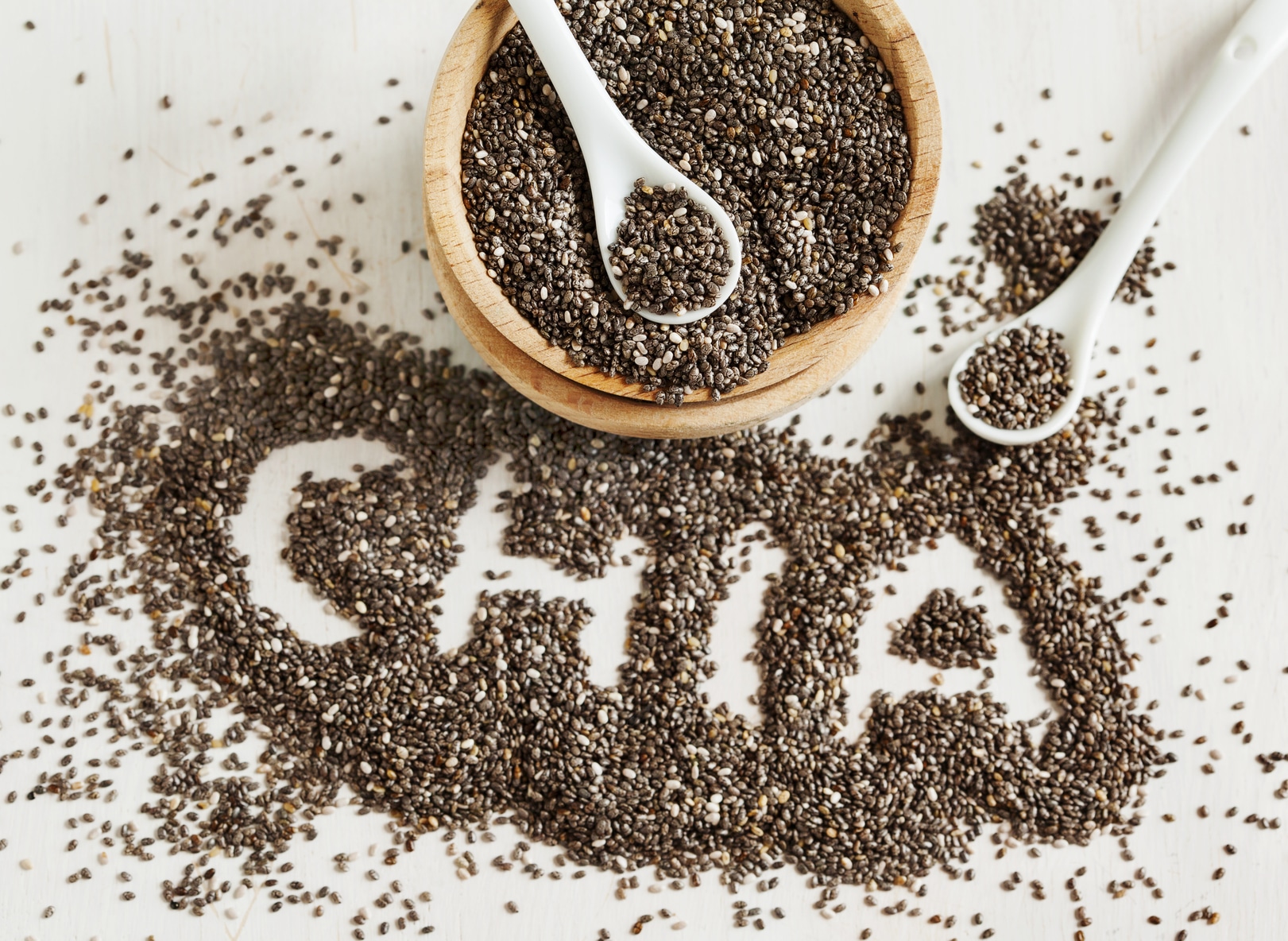Chia seeds. Chia word made from chia seeds. Selective focus You have probably heard of the importance having the “faith as small...

Chia seeds. Chia word made from chia seeds. Selective focus You have probably heard of the importance having the “faith as small...